The Tren de Aragua behind the sexual exploitation of migrants in Latin America
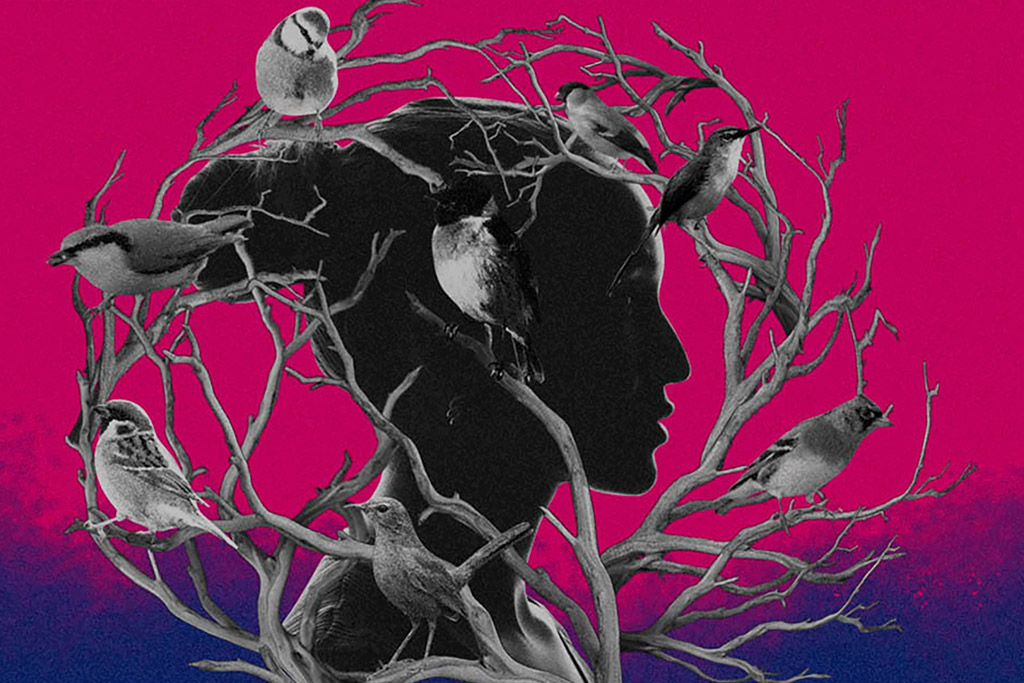
Beauty contests, marketing agencies and prison visits have been some of the Tren de Aragua’s most common strategies to recruit women and girls for sexual exploitation across Latin America. A team of journalists from Colombia and Venezuela reconstructed, through intercepted audios of the mega-gang, testimonies of trafficked migrant women and statements from government officials, the way in which the crime organisation operates and its impact on vulnerable groups.
Can Sheinbaum’s security strategy in Mexico work?
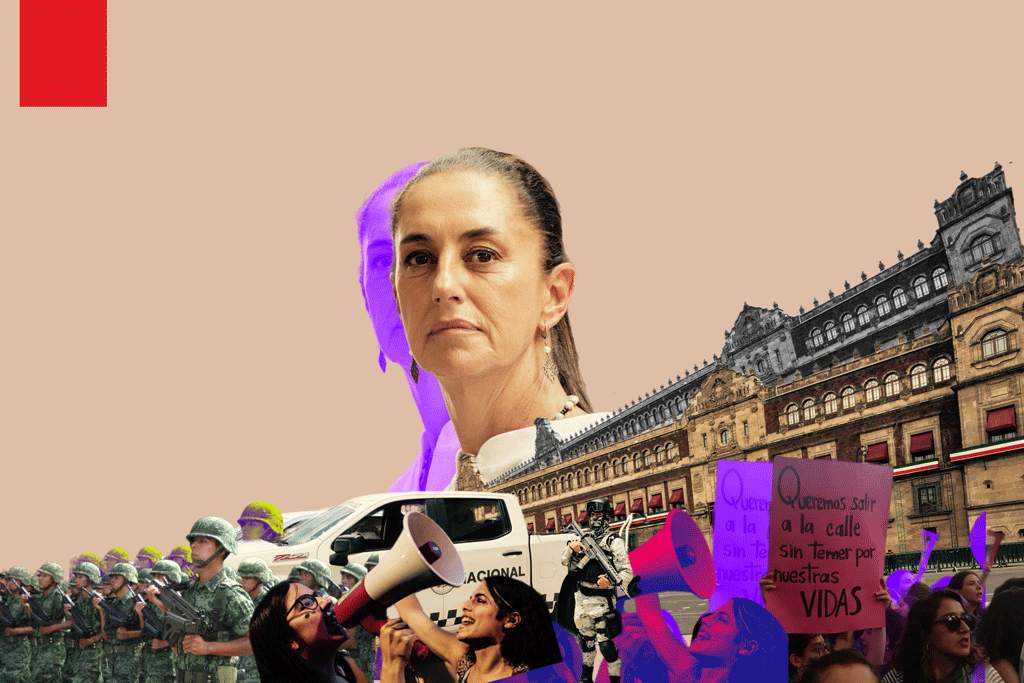
The extradition of 29 leaders of Mexican criminal organisations to the United States has exposed a shift in the security policy of the Sheinbaum administration. Experts question the approach, which they say copies formulas that have failed in the past and ignores the victims of criminal violence.
4 Facts About Chile’s Criminal Transformation
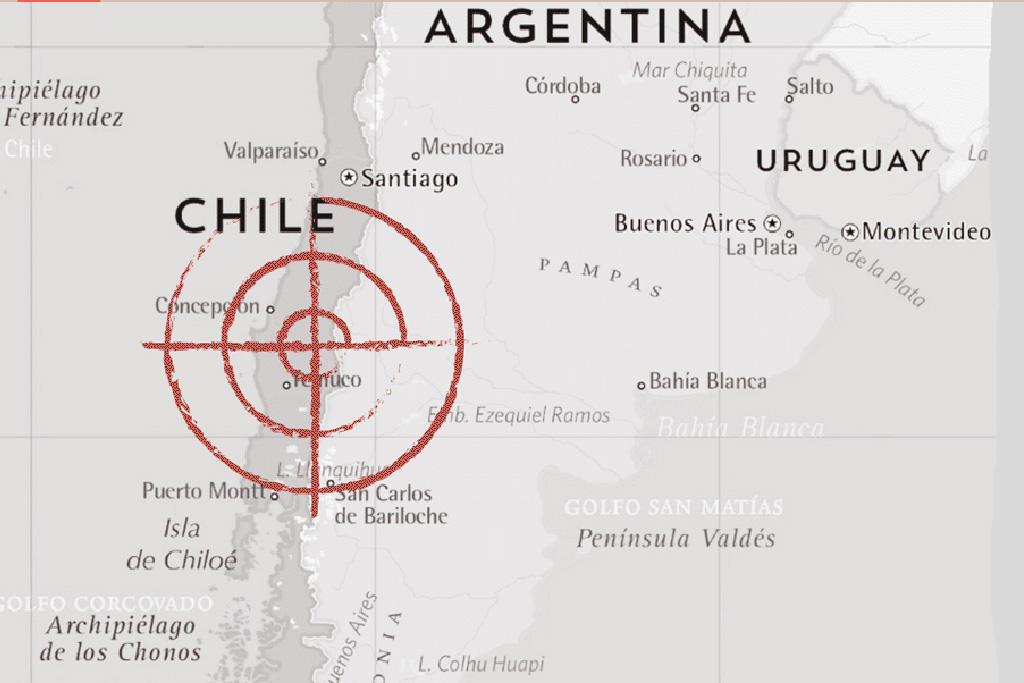
In little more than a decade, Chile has gone from witness to protagonist in Latin America’s criminal map. Although the authorities have responded with a raft of new laws and increases in the security budget, experts say more long-term measures are needed. Here’s all you need to know.
Pia Greene Meersohn: ‘The answer is neither jail for everyone nor jail for no one’

Chile’s criminal landscape changed dramatically since the COVID-19 pandemic. From a country where most crime was petty theft, it has shifted to one where homicides, kidnappings and shark loans, typical markets managed by organised crime groups are ever present. We explore some of the reasons behind the change in dynamics.
Organised crime is in a process of transformation
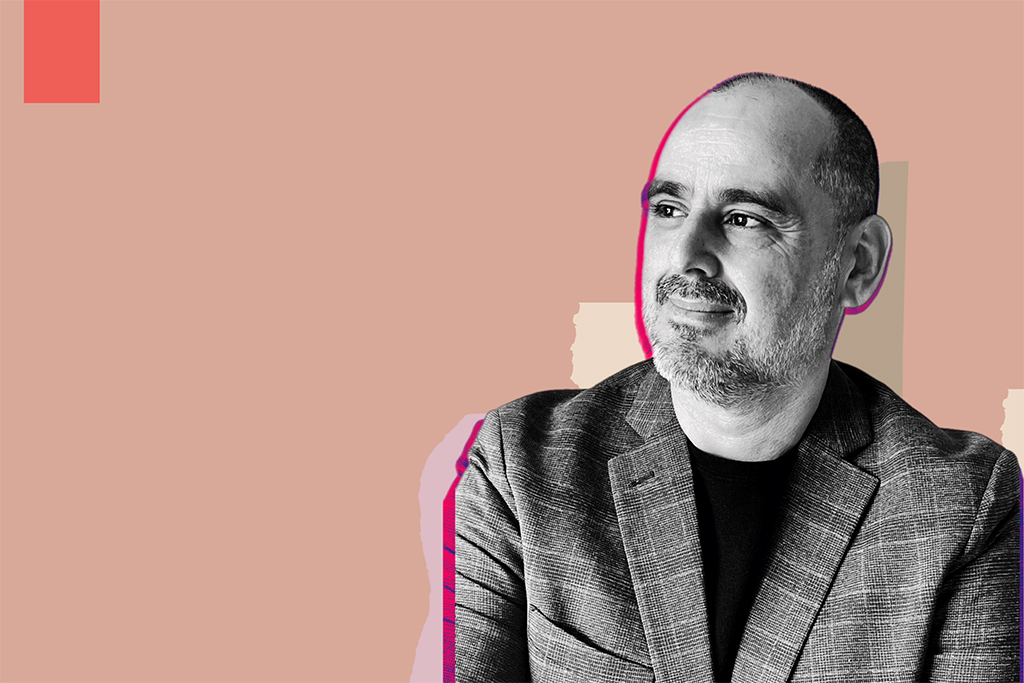
The rapid expansion of the Tren de Aragua into previously peaceful countries like Chile has raised many questions about the future of organised crime in Latin America, the world’s most violent region, and the best ways to tackle it. A former police officer and researcher explains that better diagnosis of the problems is key.
The Aragua Train is expanding in Chile. Here’s how
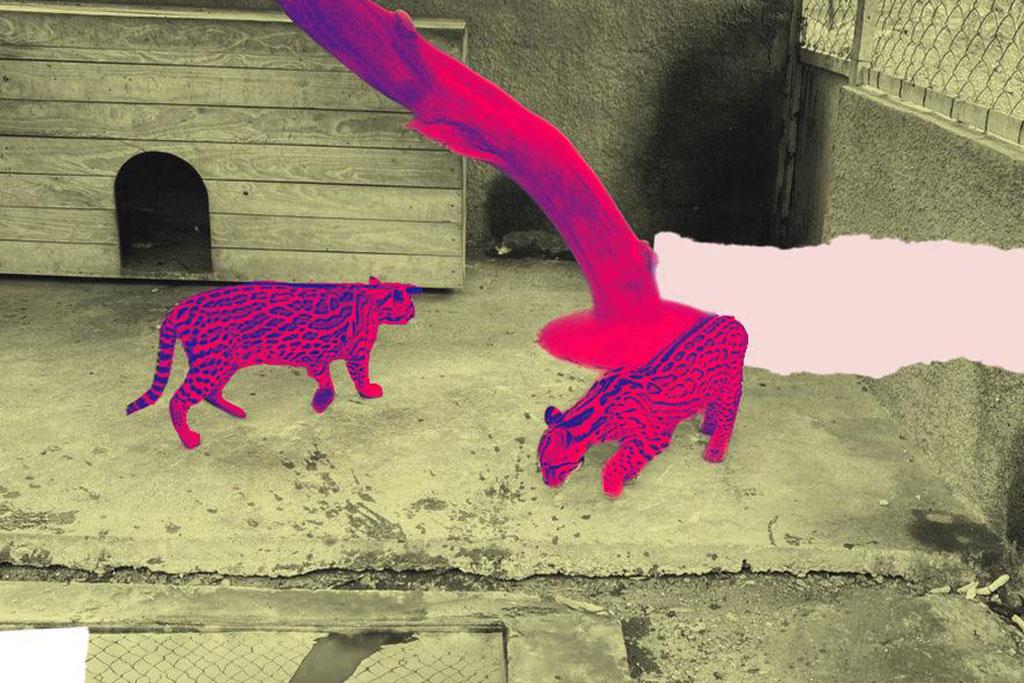
The Venezuelan mega-gang Tren de Aragua is the first transnational organised crime group to operate in Chile, a country experiencing a crime crisis of historic proportions. Here’s how they did it, the names behind the phenomenon and what’s to come.
Ronna Rísquez: “Regional cooperation is key to stopping groups like the Tren de Aragua”

From a prison mega-gang in Venezuela to an international organisation, the Tren de Aragua has had a unique criminal journey, even for Latin America. Investigative journalist and In.Visibles co-founder, Ronna Rísquez, reflects on the past, present and future of the group everybody is obsessed with.
Ecuador’s puzzle, explained

Ecuador faces an unprecedented security crisis, with homicide and crime rates at historic levels. While the Noboa administration’s strategy has succeeded in drastically reducing homicides, many questions have been raised about its long-term viability and effectiveness. From militarisation to marginalisation, we explore the causes, consequences and possible future of this crisis.
Ecuador Criminal logic moves faster than governmental logic

Expert Glaeldys González Calanche sheds light on the complex criminal puzzle that Ecuador has become. She reflects on the impact of the penitentiary crisis, the rise of drug trafficking and the endemic corruption that has shaken a country once considered ‘the island of peace’.
The outlier: Rosario (and its future), explained
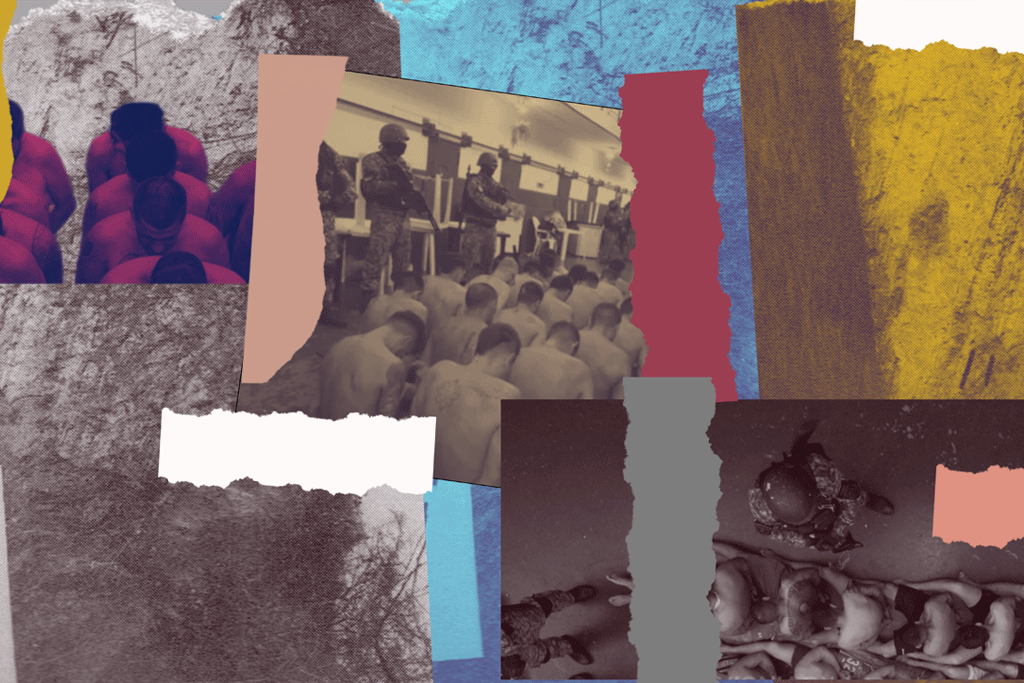
Argentina is one of the safest countries in Latin America, except for Rosario, the city with a homicide rate five times higher than the national average. Violence is not new, but a wave of deadly shootings in broad daylight has exposed new crime dynamics and reopened the debate on the use of “tough on crime” policies. Here’s everything you need to know.
Poverty, marginalisation and cocaine: Crime groups find lucrative combo in Argentina
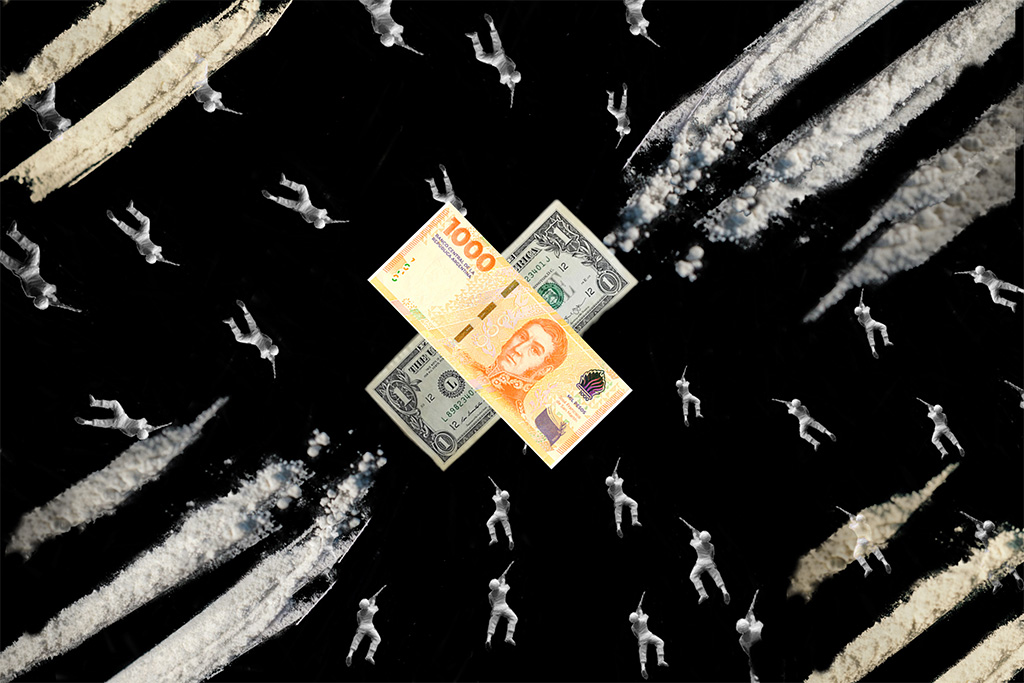
Argentina’s economy is in intensive care. Financial stagnation, coupled with record inflation and the slashing of public spending have resulted in rising poverty and marginalisation. But during every crisis some see opportunity, and this time, it is crime groups. With drug trafficking expanding in the barrios, analysts warn of new complex dynamics taking hold in the long run.
cocaine-past-present-future
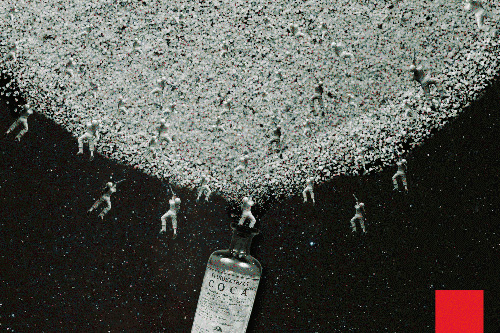
Over the years, and centuries, cocaine has gone from being revered as a miracle medicine to being the subject of a complex and largely unsuccessful global war, with millions of victims. What lies behind the intricate past, and present, of one of the most popular, and controversial, drugs in history? Read on to find out.
